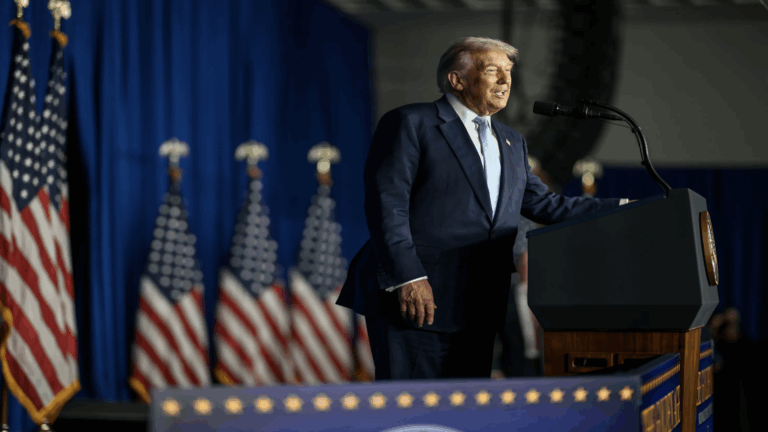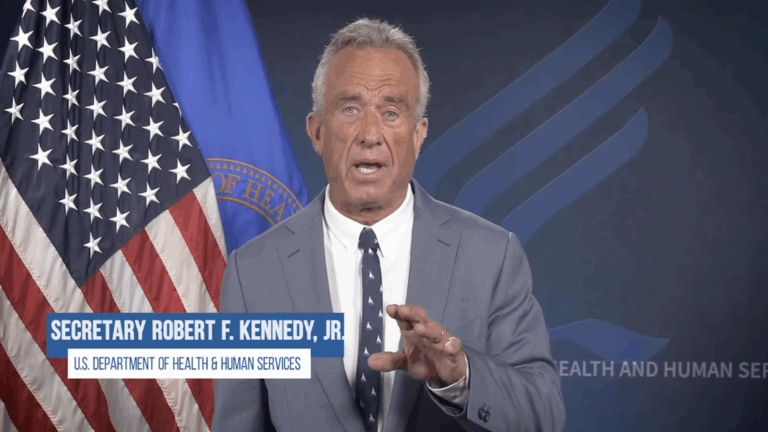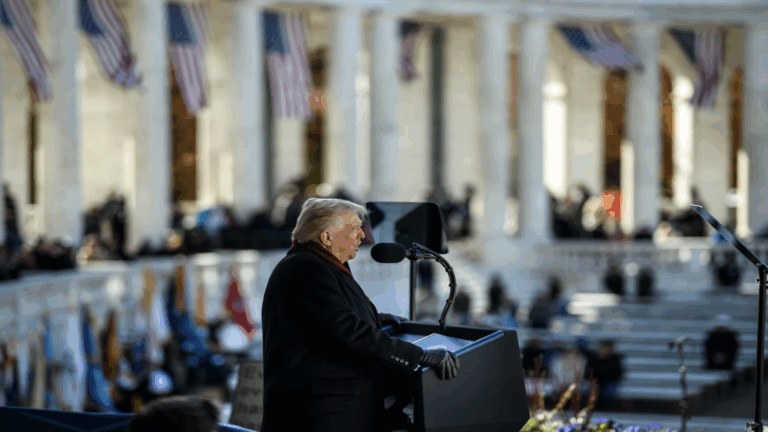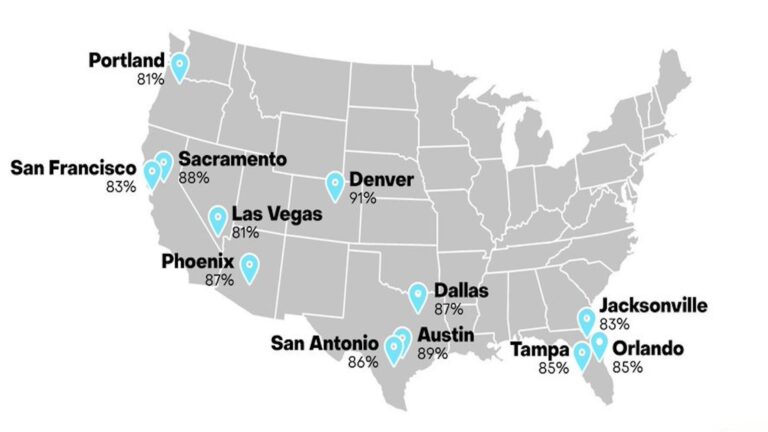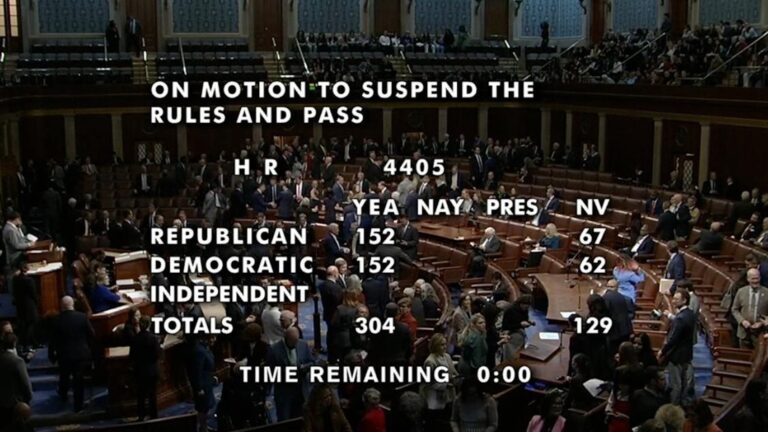Key Takeaways
- Aggressive Energy Expansion: The Trump administration proposes up to 34 offshore lease sales from 2026 to 2031, including the first California leases since 1984 and newly defined areas in the Gulf.
- Industry Applauds Certainty: Energy groups praised the long-term leasing schedule as a major step toward boosting investment, strengthening supply chains, and restoring U.S. energy dominance.
- Democrats Push Back: California Gov. Gavin Newsom and environmental groups condemned the plan, while Trump doubled down on the need for strong domestic production.
The Trump administration is taking a bold swing at American energy dominance, unveiling a sweeping proposal Thursday to open new offshore drilling opportunities — including long-untapped areas off the coast of California and sections of the Gulf previously considered off limits. The plan marks a dramatic departure from the Biden administration’s three-lease roadmap and signals Trump’s intent to revive U.S. oil and gas production with the urgency of a country that understands energy security is national security.
Under the proposal, the administration would hold six lease auctions off California’s coast, where no new sales have occurred since 1984. Trump’s Interior Department also moved to redefine a portion of the Eastern Gulf of Mexico as the “South-Central Gulf of America,” opening it to drilling and sparking predictable pearl-clutching from Democrats and even some Florida Republicans. Beach tourism may be king, but so is affordable energy.
The full plan includes as many as 34 offshore lease sales between 2026 and 2031: 21 in Alaska, six in California, and seven in the Gulf. Energy industry leaders applauded the announcement, saying long-term leasing certainty will unleash investment, strengthen supply chains, and keep the U.S. competitive. Erik Milito of the National Ocean Industries Association praised the Interior Department for “fixing a leasing program that was wholly insufficient,” while the U.S. Chamber of Commerce called the proposal “ambitious” and essential for restoring production momentum.
Naturally, Democratic officials raced to condemn the plan. California Gov. Gavin Newsom, speaking from the climate-themed COP30 summit — where fossil fuels are treated like a swear word — said the proposal is “dead on arrival.” Environmental groups warned of hypothetical oil spills and economic ruin, the same talking points they’ve used for decades.
But Trump has made his position unmistakable: America cannot lead the world by restricting its own energy. “Drill, baby drill” isn’t a slogan; it’s an economic strategy. And this proposal sends a clear message that the days of energy scarcity by political choice are over.


